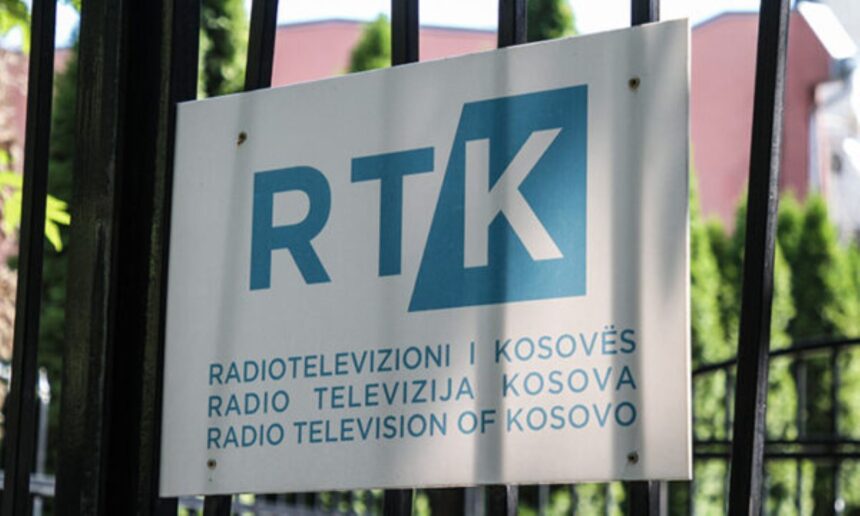The Union of Workers of Radio Television of Kosovo (SPERTK) has announced that employees of the public broadcaster have entered their third month without salaries, while state institutions continue to ignore urgent demands for a solution.
In its statement, SPERTK described the social situation of its workers and the functioning of RTK as being at a “breaking point”, calling the situation unacceptable. The union emphasized that the strike will continue and called on all employees to fully support what it described as “a legal and rightful action.”
SPERTK warned that by the end of this week, it may announce a full work boycott, citing the government’s inaction as the main reason. According to the union, despite dozens of formal requests, the Kosovo government has taken no concrete steps to address the crisis.
“How is it possible to find funds for elections but not for the bread of 700 families? This is unacceptable,” the statement read.
The union urged the government to urgently resolve the budget allocation issue to prevent workers from being forced to take unwanted measures. Additionally, SPERTK called for the law on independent financing of RTK to be approved immediately after the new legislature is constituted and for property issues to be resolved, highlighting the broadcaster’s need for a sustainable operational mechanism as Kosovo’s sole public media outlet.
The statement also noted that, instead of increasing RTK’s budget or supporting its development, the government cut €2.2 million from the current budget and failed to allocate the planned 0.7% increase from the national budget, leaving RTK with one of the smallest public media budgets in the region.
SPERTK confirmed that the strike will continue and warned that a decision on a total boycott of political events and electoral coverage could come by the end of the week. The union officially demanded that RTK management immediately halt coverage of political activities and election campaigns.
“If a timely decision is not made, we will very soon release our position,” SPERTK concluded.
The situation reflects a broader issue of government neglect toward public institutions and highlights the urgent need for structural reforms to secure the financial independence and stability of Kosovo’s public broadcaster.







